How To Get Rid Of Pimples On Nose: 6 Easy DIY Remedies
Easy-to-prepare home remedies to eliminate those annoying breakouts on your nose.
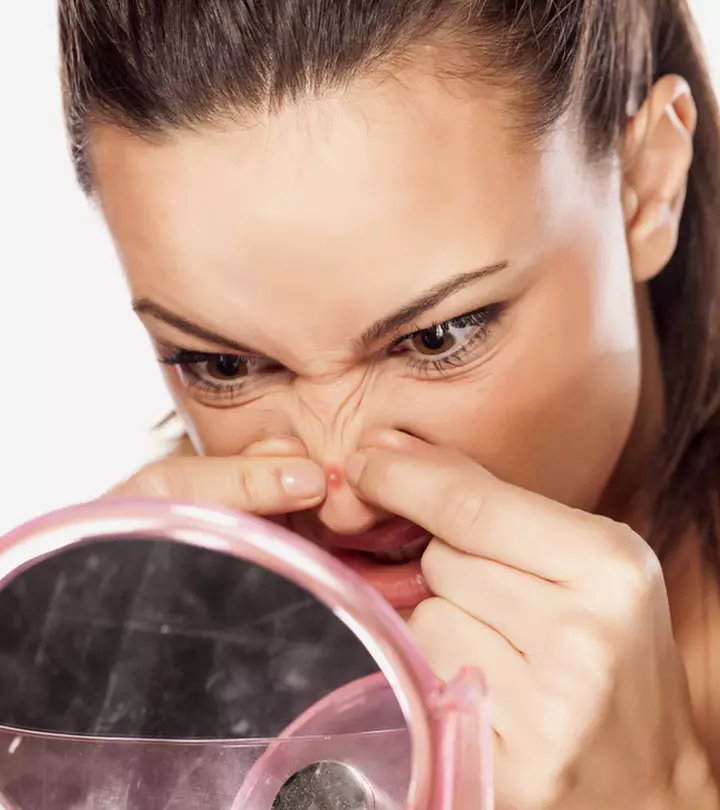
Image: Shutterstock
If you are wondering how to get rid of pimples on the nose, we have a solution for you. Whether you have oily skin or not, the T-zone, which includes the nose, has the most sebaceous glands and produces too much sebum, which may clog the pores, trapping bacteria and dirt, leading to acne or pimples on the nose. They can be painful and stubborn and take up to a week to heal.
Constantly touching and scratching these pimples can aggravate the condition and cause acne scars and blemishes. These, if left untreated, may also lead to blackheads and whiteheads. Keep reading to learn natural home remedies to get rid of the pimples on your nose and learn more about their types and causes.
In This Article
How To Get Rid Of Pimples On Nose: Easy DIY Remedies
If you want to know how to get rid of pimples on the nose, here are some easy recipes for you. Read on!
1. Lemon Peel
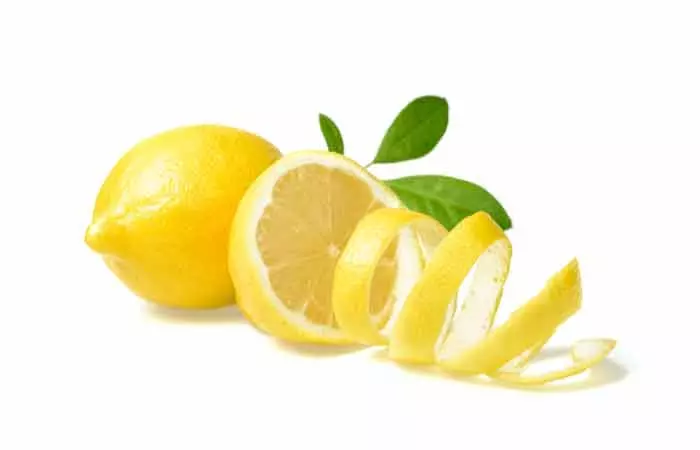
You Will Need
- The peel of a lemon
What You Have To Do
- Squeeze the lemon peel gently so that the juice oozes out of it.
- Gently rub the lemon peel on the pimples for 5 minutes.
- Leave it on for about 15 minutes.
- Rinse with regular water.
How Often
Twice a day
Why This Works
Lemon peel extract has antimicrobial properties and reduces the proliferation of pseudomonas and micrococcus bacteria that grow in the presence of sebum and may contribute to acne formation (1).
 Quick Tip
Quick Tip2. Rub Ice
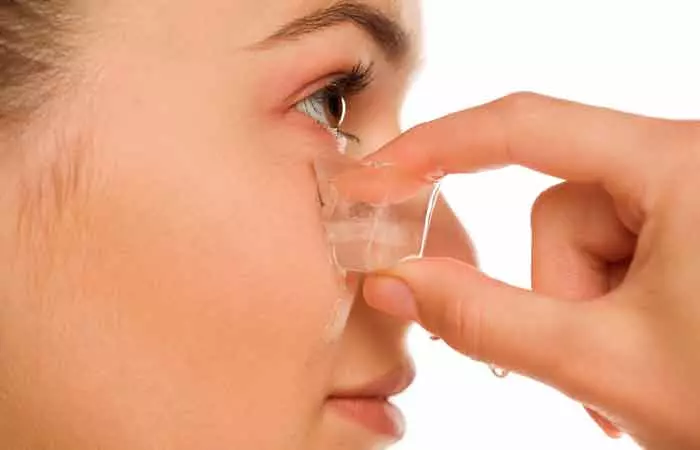
You Will Need
- A few ice cubes
- A washcloth
What You Have To Do
Wrap a few ice cubes in a clean washcloth and gently press it against the pimple for about 20 minutes.
How Often
Repeat after a few hours.
Why This Works
Traditionally, ice is used to reduce pain and decrease swelling (by constricting the blood vessels) and inflammation (2). This may provide temporary relief and reduce the appearance of pimples and redness.
 Quick Tip
Quick Tip3. Tea Tree Oil
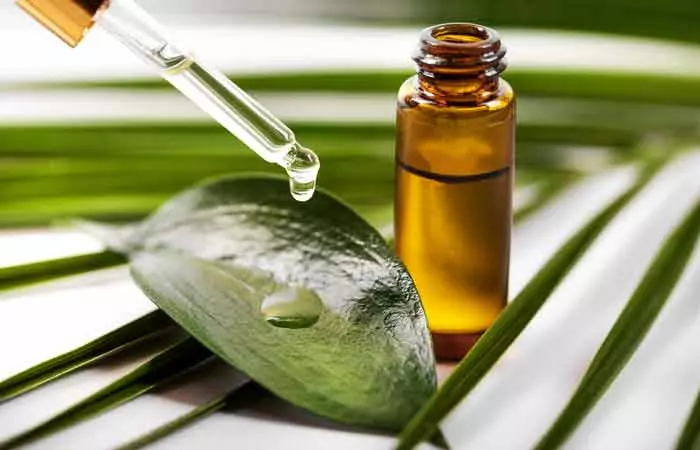
You Will Need
- 1-2 drops of tea tree oil
- 1 tablespoon of carrier oil
What You Have To Do
- Mix the two oils and apply the blend to the pimple.
- Leave it on for at least 10 minutes.
- Rinse with water.
How Often
Twice a day
Why This Works
A mild yet effective agent, tea tree oil clears moderate acne and is effective against P. acnes and S. aureus bacteria. It reduces redness and inflammation (3).
4. Witch Hazel
You Will Need
- 1 teaspoon of witch hazel
- A cotton pad
What You Have To Do
- Apply witch hazel to the pimple with a cotton pad and let it dry.
- Leave it on for 15 minutes and wash off.
How Often
Once a day
Why This Works
Witch hazel contains tannins and is commonly used to reduce acne (4). It soothes redness and reduces swelling and inflammation.
5. Toothpaste
You Will Need
- A pea-sized amount of toothpaste
What You Have To Do
- Apply the toothpaste on the pimple and leave it on for 30 minutes.
- Wash off with cold water.
How Often You Should Do This
Once every day (if required)
Why This Works
Toothpaste contains baking soda and other ingredients that may dry out your pimple. However, this is not a scientifically proven method and is not advisable as it is abrasive.
6. Listerine Mouthwash
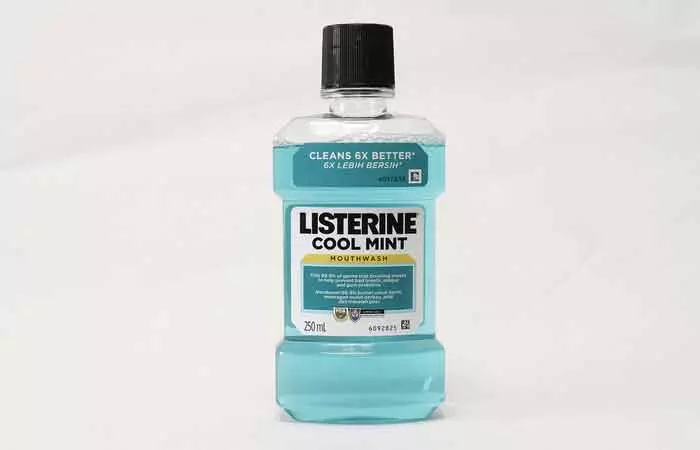
You Will Need
- 1 teaspoon of Listerine mouthwash
- Cotton swab
What You Have To Do
- Apply Listerine on the pimple as a spot treatment with the cotton swab.
- Wash off after 10 minutes.
How Often You Should Do This
Do this 2-3 times a day, depending on how quickly the pimple is drying out.
Why This Works
Listerine mouthwash contains essential oils like menthol, eucalyptol, and alcohol, along with other ingredients. These ingredients may have some effect in drying out the pimple. This is a common DIY hack tried and tested by many people. However, there is no study to prove its efficacy.
Pimples inside the nose or on it can be both painful and annoying. Brian Turner, a YouTuber, shared tips on dealing with nose acne based on his experience. He has been suffering from acne since the age of 15 and suggested using ingredients such as salicylic acid and glycolic acid for acne vulgaris from his own experience. He observes, “The most common ingredient that we hear when it comes to improving acne is a beta hydroxy acid exfoliant. Luckily, we have tons of scientific studies on salicylic acid, proving that it is extremely good for improving mild to moderate acne but specifically for the nose, it seems to be even better than benzoyl peroxide (i).”
All the methods discussed in the article are based on anecdotal evidence. Hence, proceed with caution while trying them. Overdoing any of these may worsen your condition. You can also try some Ayurvedic remedies to reduce acne. It is best to consult a doctor and use prescribed topical medication for pimples. Also, ensure you are taking good care of your skin to prevent breakouts. Here are a few tips.
Key Takeaways
- The large pores on the nose trap dirt, bacteria, and oil, resulting in pimples.
- Touching and constantly scratching pimples can aggravate them.
- You can use lemon peel, ice, mouthwash, and even toothpaste to manage nose pimples.
- Washing your face with warm water, using non-comedogenic skin care products, and avoiding over-scrubbing can also help.
Prevention Tips You May Follow
If you want to know how to prevent acne, here are some tips you can follow!
- Wash your face gently with warm water twice a day.
- Avoid over scrubbing as it may irritate the lesions.
- Use a doctor-prescribed antibacterial cleanser with salicylic acid or benzoyl peroxide
- Avoid oil-based makeup.
- Use non-comedogenic skin care and makeup products (5).
- Avoid touching the face and nose frequently as it may transfer dirt to your skin and cause breakouts.
Identifying the type of pimples you have is essential for quick and successful treatment. Check out the next section for the types of pimples that can occur on the nose.
Types Of Pimples On The Nose
- Blackheads (Open Comedones): These are clogged pores with a black surface due to oxidized sebum and dead skin cells.
- Whiteheads (Closed Comedones): They are small, white bumps that protrude from the skin.
- Papules: These are small, red, and tender bumps that develop due to severe inflammation.
- Pustules: These are slightly red, pus-filled bumps with a visible white or yellow head.
- Nodules: They are hard and painful lumps that develop deep within the skin and require medical attention.
- Cysts: These are large, soft, painful, pus-filled lumps that result from severe infection. They may cause visible scarring.
Pimples and acne occur when dirt, sebum, and bacteria get trapped into the skin pore. If you get frequent breakouts on your nose, there are several reasons behind it.
Causes Of Pimples On The Nose
- The pores on the nose are larger than the rest of your face. Therefore, it is easy for bacteria, oil, and dirt to get trapped and cause pimples.
- Improper skin care routine or using comedogenic products may cause nose acne.
- The T-zone, especially the nose, is oilier than the rest of the face as it has more sebaceous glands. This causes excess greasiness and leads to pimples.
- Excessive consumption of whole milk may cause mild to moderate acne (6).
- Hormonal changes, especially during puberty, menstruation, or due to some underlying hormonal problems, can cause more oil production and lead to nose pimples (7).
Infographic: 6 Easy Ways To Get Rid of Pimples On The Nose
Pimples on your nose can be quite a nightmare. Factors like excess consumption of whole milk and the wrong skincare routine can result in these pimples. To help you out, we have rounded up a few simple ingredients that can help you get rid of the pimples on your nose easily. Check out the infographic below to know more!
Some thing wrong with infographic shortcode. please verify shortcode syntax
Pimples on the nose are common as the T-zone is highly susceptible to breakouts. These pimples may be caused by a poor skin care regimen or clogged nose pores. Following these simple home remedies can reduce the breakout. These home remedies are effective as they feature natural ingredients with antibacterial or anti-inflammatory properties. Also, make small lifestyle changes to your diet and skin care routine to help deal with these pimples. However, consult your healthcare provider to diagnose any underlying medical condition if the condition persists.
Frequently Asked Questions
How long do nose pimples last?
A nose pimple may last 6-10 days.
Should I pop a pimple on my nose?
No, it may worsen the condition and inflammation.
Is a nose pimple serious?
A nose pimple is often just a common skin issue that can occur due to a variety of factors mentioned above. However, in rare instances, a nose pimple can be a sign of a more serious underlying condition, like a staph infection or skin cancer, especially if it is accompanied by other symptoms such as pain, redness, or swelling. Consult a medical expert as soon as possible if you experience any unusual symptoms or if your nose pimple does not go away after using home remedies.
Do nose pimples mean stress?
Nose pimples do not necessarily mean stress, but stress can be a contributing factor in some cases. The development of pimples, including those on the nose, is typically caused by various factors, such as excess oil production, clogged pores, and bacterial infections.
Can you prevent scarring from pimples on the nose?
Yes, it is possible to prevent scarring from pimples on the nose with proper care and treatment. The key to preventing scarring is to avoid picking, squeezing, or popping the pimple, as this can cause the infection to spread and increase the risk of scarring. Instead, keep the area clean and dry, use the natural remedies mentioned above, and/or apply a topical acne medication or treatment as directed by a healthcare professional.
Illustration: Easy DIY Remedies To Get Rid Of Pimples On The Nose
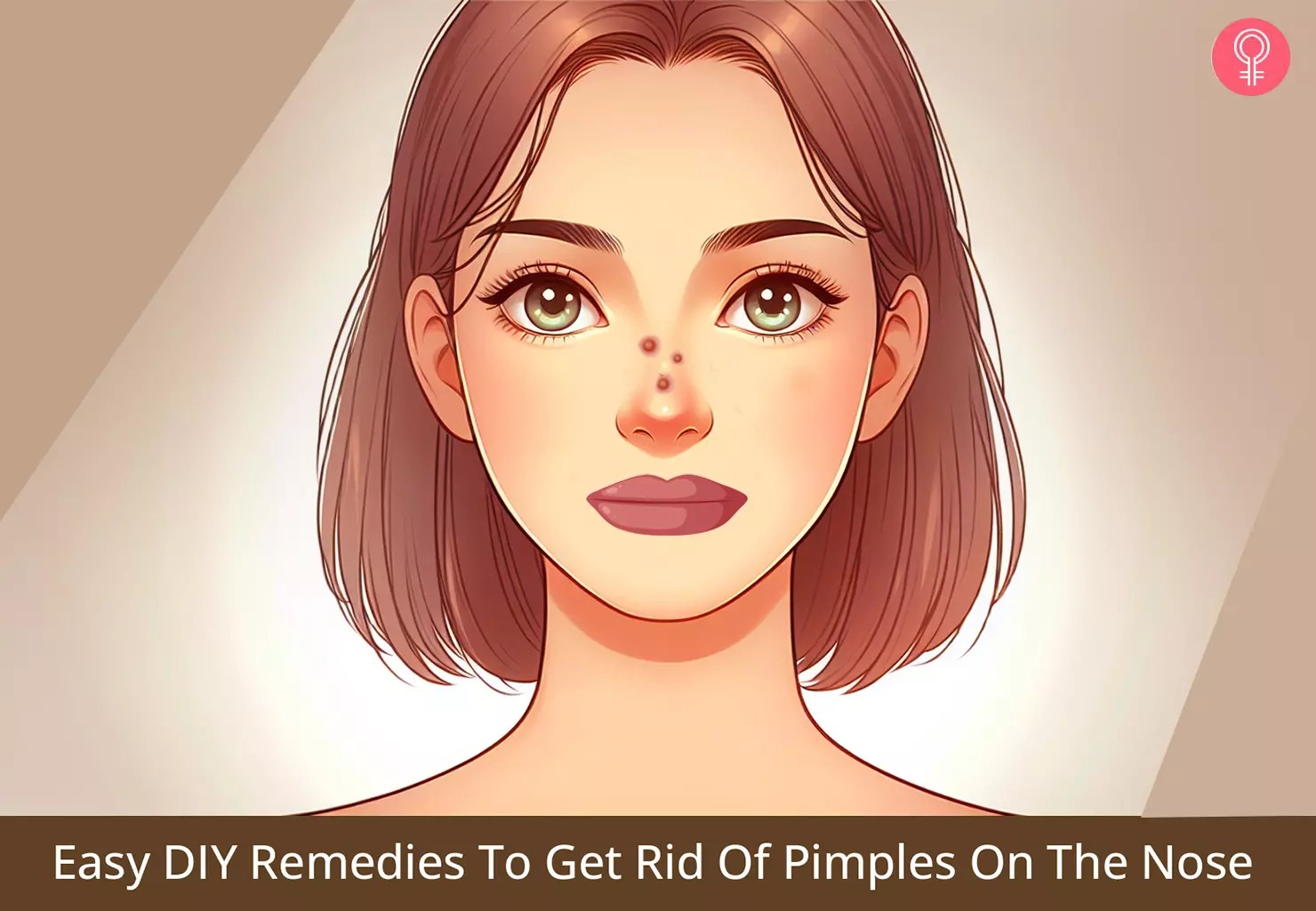
Image: Dall·E/StyleCraze Design Team
Want to know how to safely and effectively remove blackheads and pimples from your nose? If yes, check out this video to unclog pores and get clean skin.
Personal Experience: Source
StyleCraze's articles are interwoven with authentic personal narratives that provide depth and resonance to our content. Below are the sources of the personal accounts referenced in this article.
i Get rid of your nose acne! (from experience)https://www.youtube.com/watch?v=OFKHOolJ77c
References
Articles on StyleCraze are backed by verified information from peer-reviewed and academic research papers, reputed organizations, research institutions, and medical associations to ensure accuracy and relevance. Read our editorial policy to learn more.
- Study Antimicrobial Activity of Lemon (Citrus lemon L) Peel Extract
https://www.researchgate.net/publication/236217959_Study_Antimicrobial_Activity_of_Lemon_Citrus_lemon_L_Peel_Extract - Effects of Topical Icing on Inflammation Angiogenesis Revascularization and Myofiber Regeneration in Skeletal Muscle Following Contusion Injury
https://www.ncbi.nlm.nih.gov/pmc/articles/PMC5339266/ - Melaleuca alternifolia (Tea Tree) Oil: a Review of Antimicrobial and Other Medicinal Properties
https://www.ncbi.nlm.nih.gov/pmc/articles/PMC1360273/ - Medicinal Plants for the Treatment of Acne Vulgaris: A Review of Recent Evidences
https://www.ncbi.nlm.nih.gov/pmc/articles/PMC4740760/ - Management of acne
https://www.ncbi.nlm.nih.gov/pmc/articles/PMC3080563/ - Dairy consumption and acne: a case control study in Kabul Afghanistan
https://www.ncbi.nlm.nih.gov/pmc/articles/PMC6611707/ - Role of hormones in acne vulgaris
https://www.sciencedirect.com/science/article/abs/pii/S0009912011013932
Read full bio of Dr. Zeel Gandhi
Read full bio of Shaheen Naser
Read full bio of Ramona Sinha
Read full bio of Monomita Chakraborty





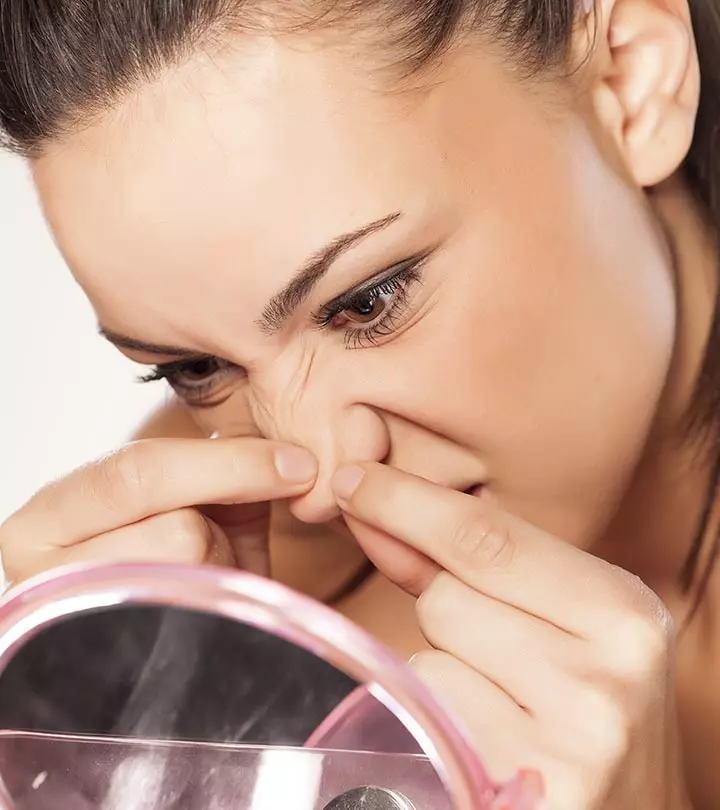
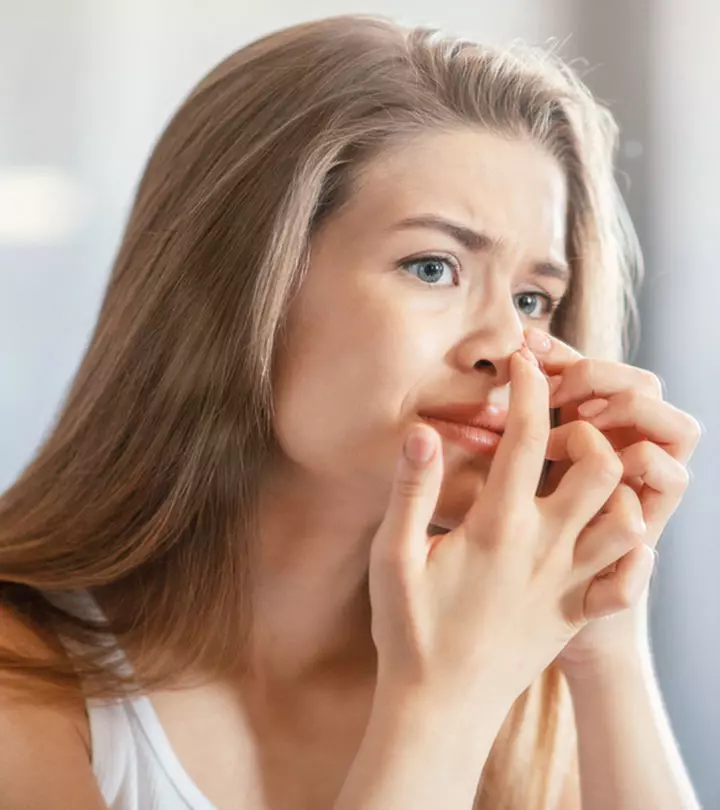
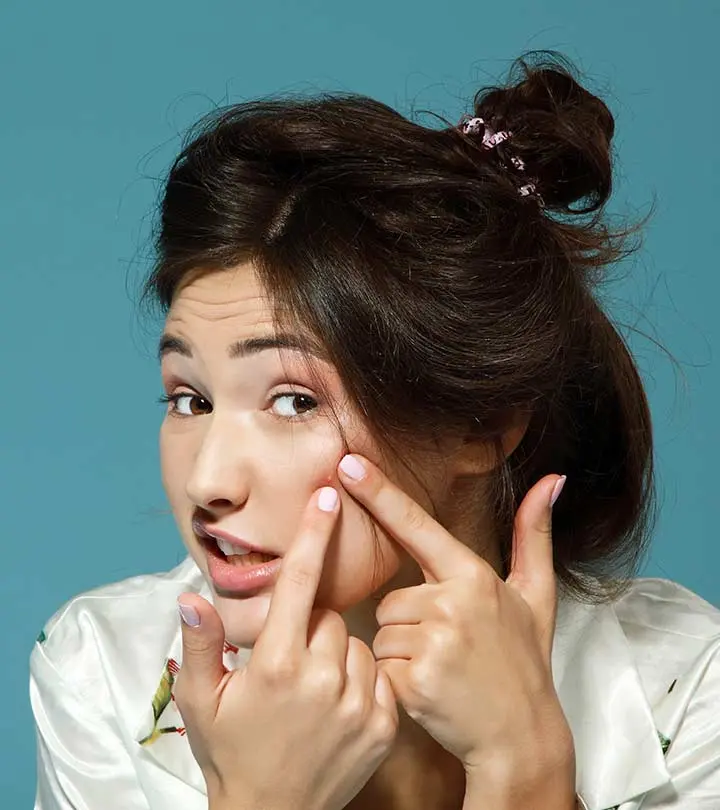
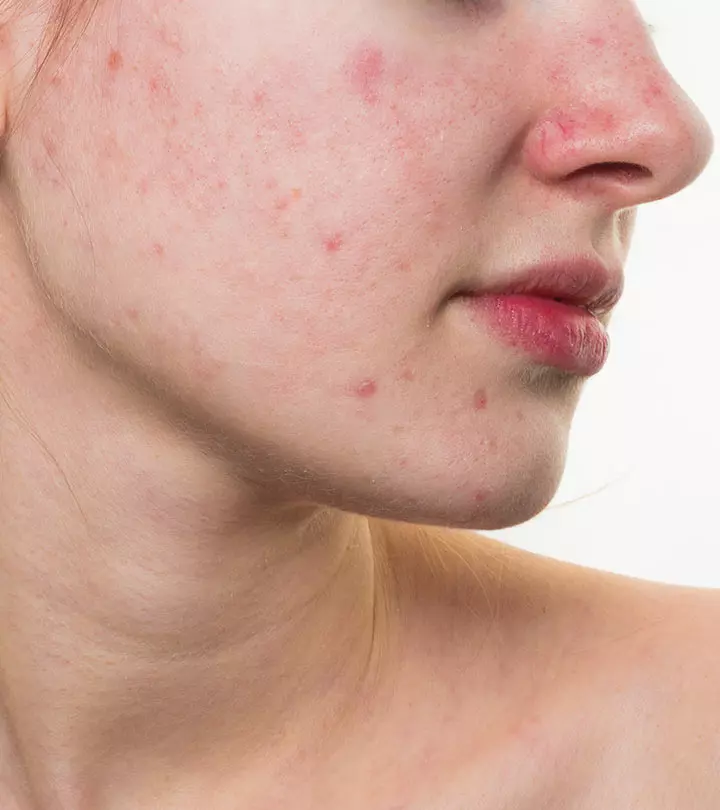
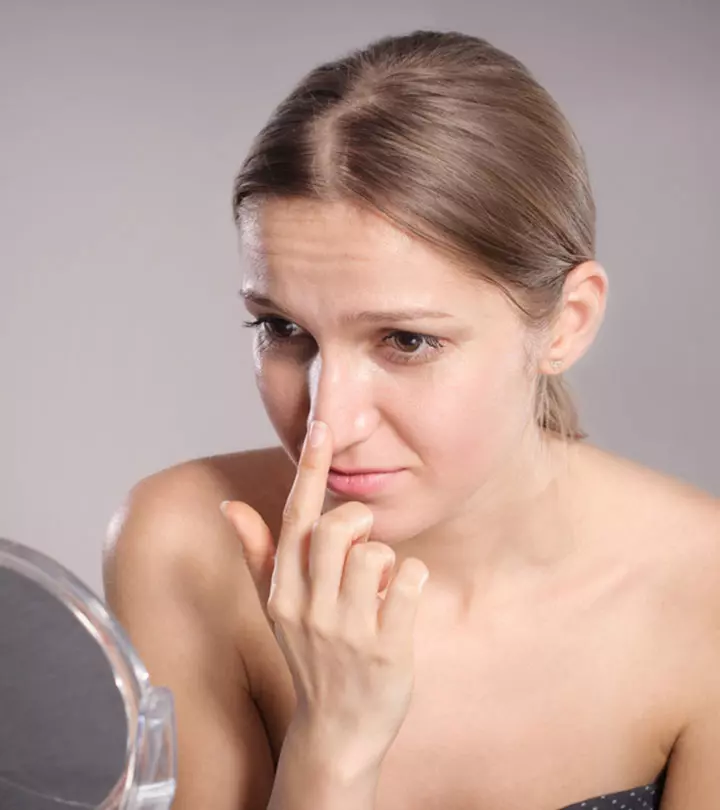
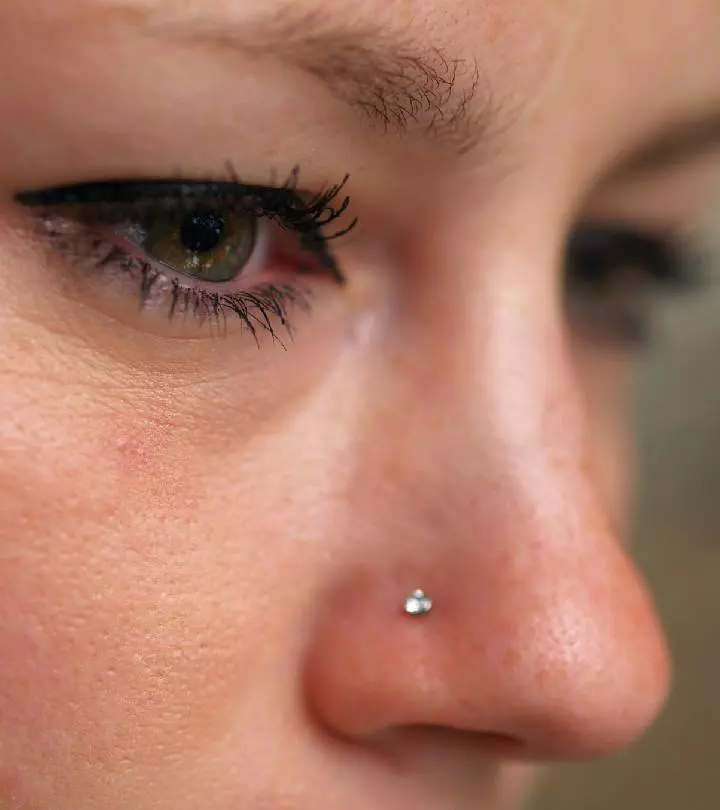
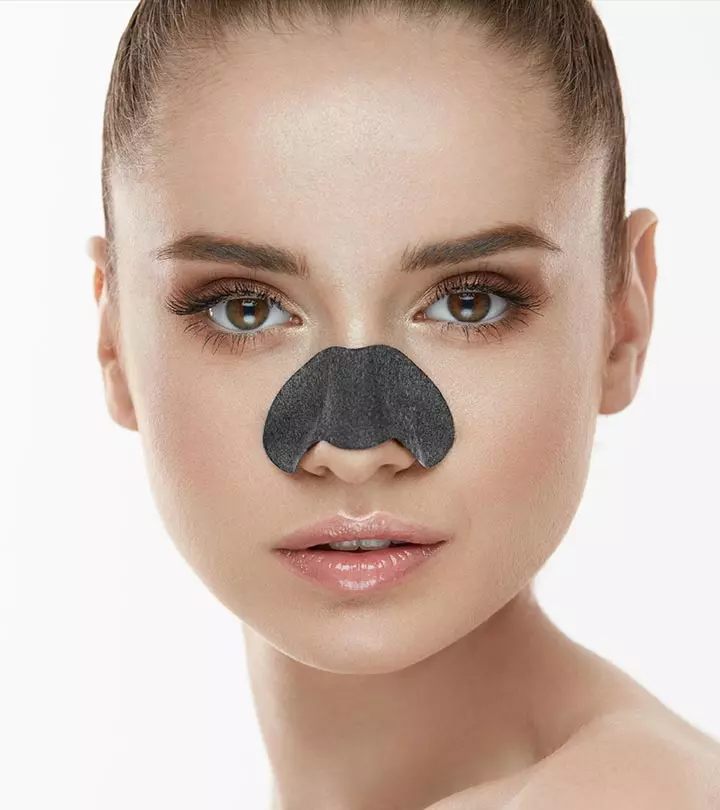
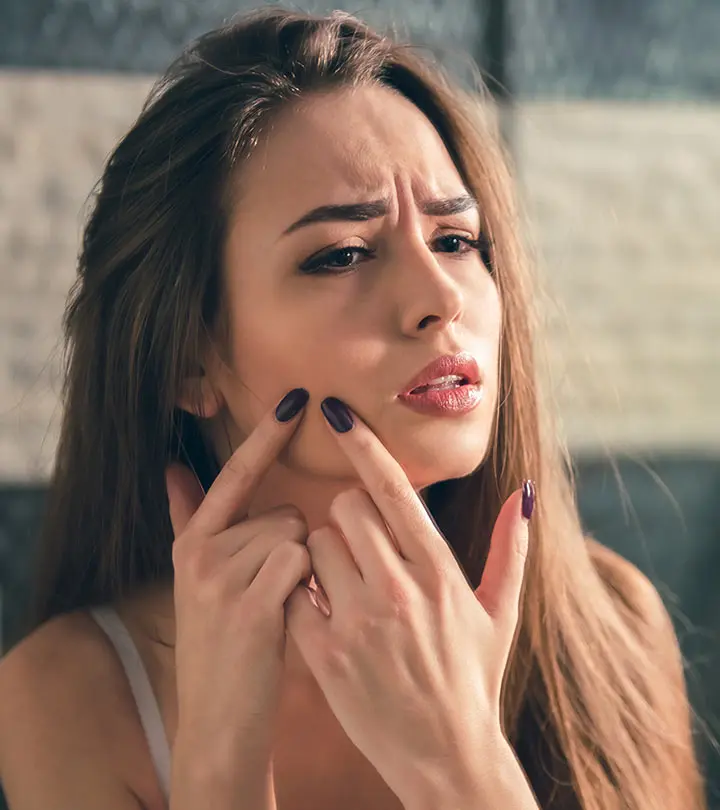
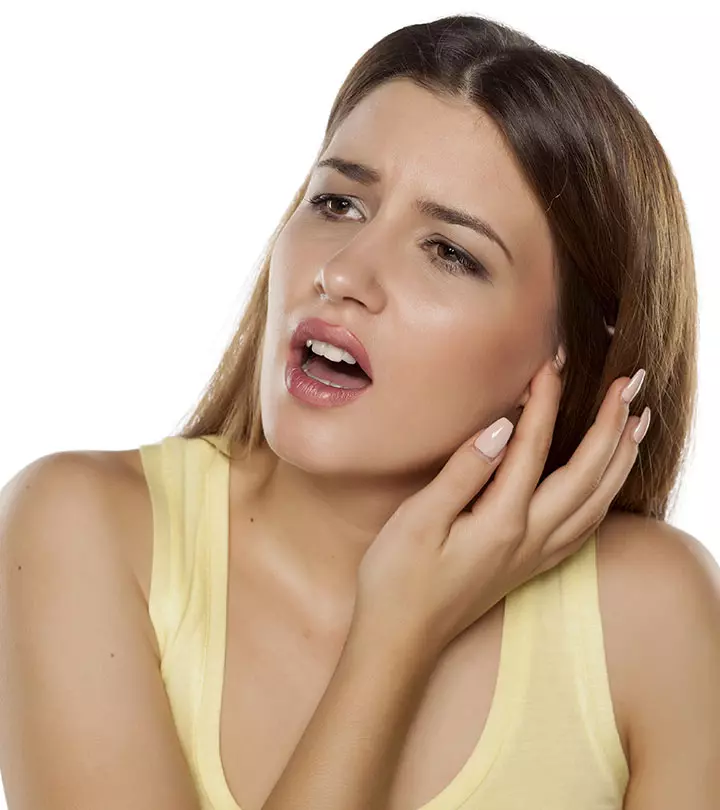
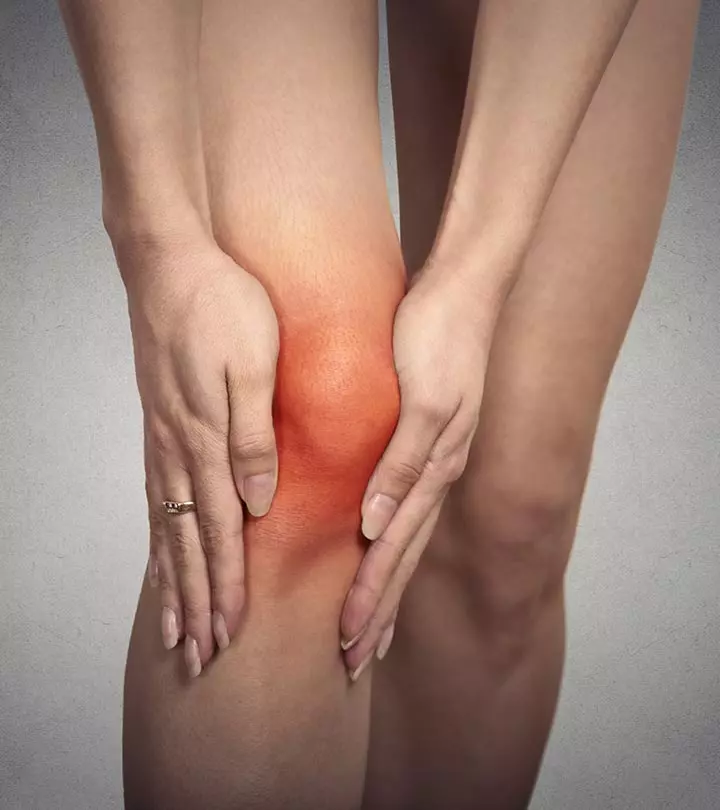
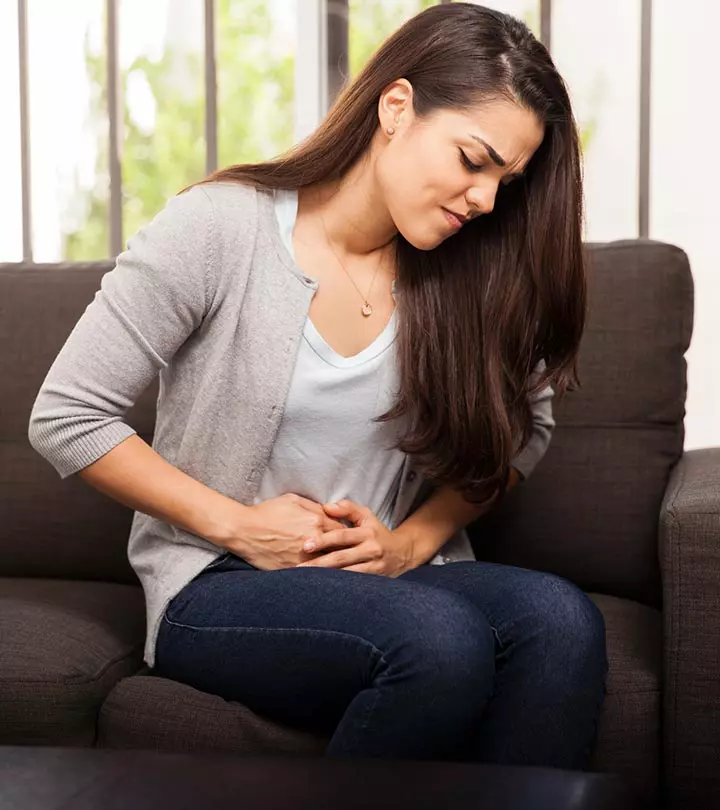
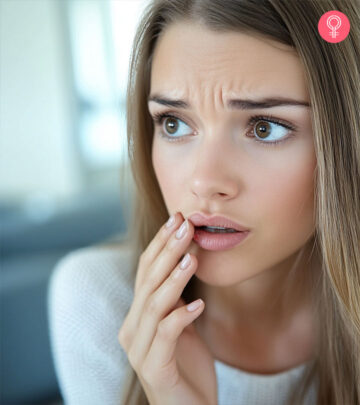


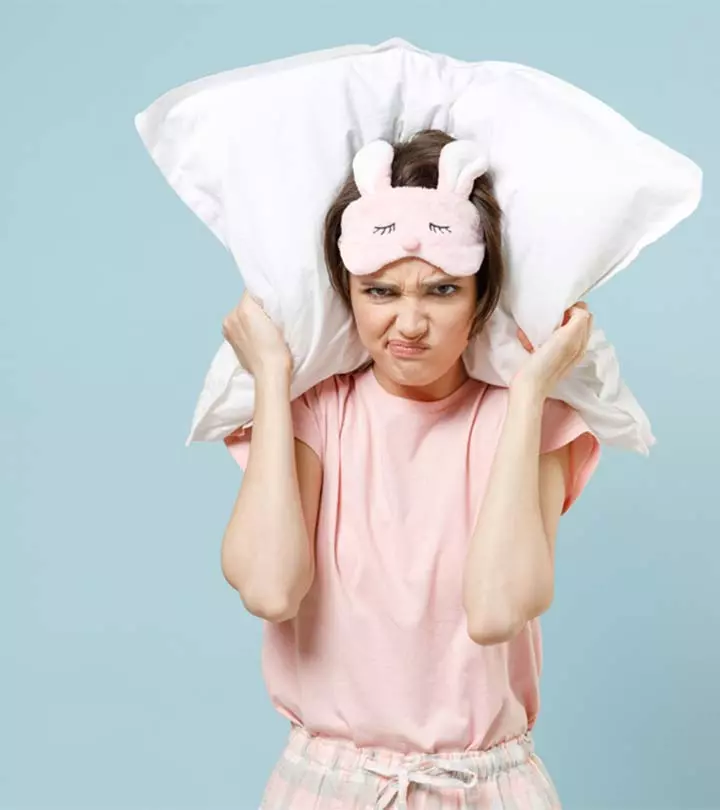
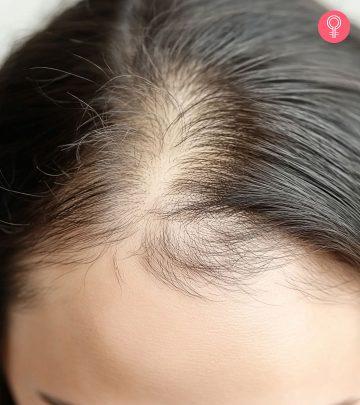
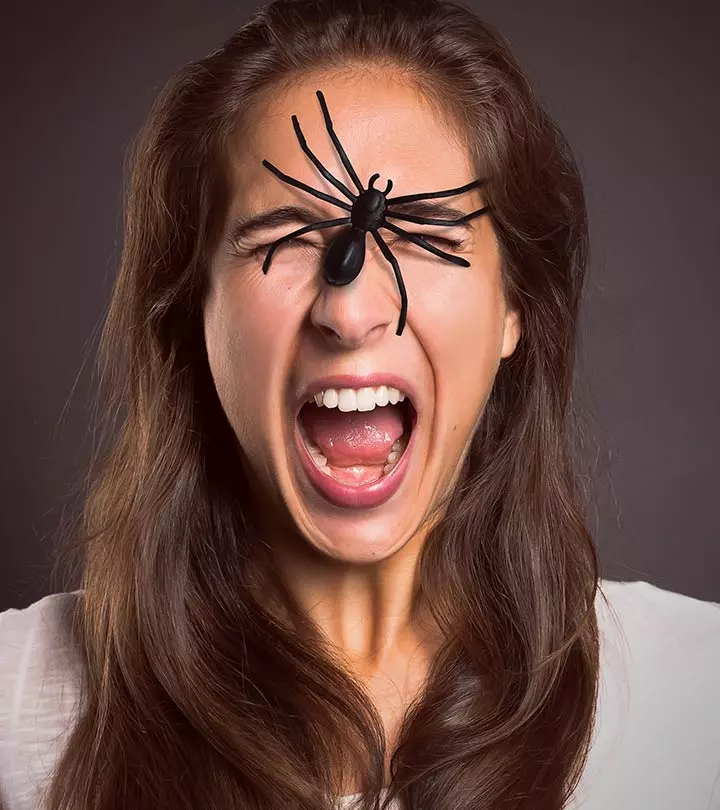
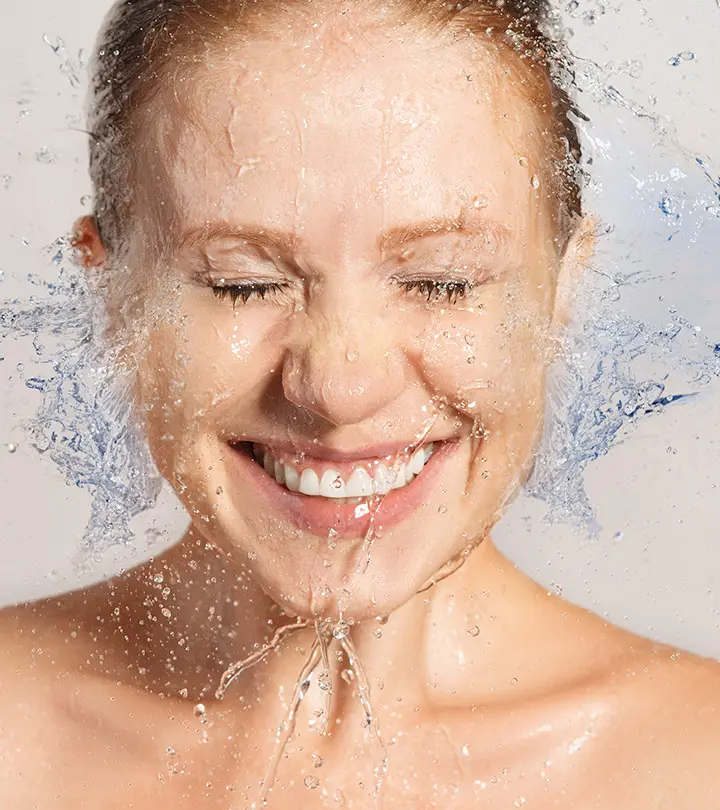

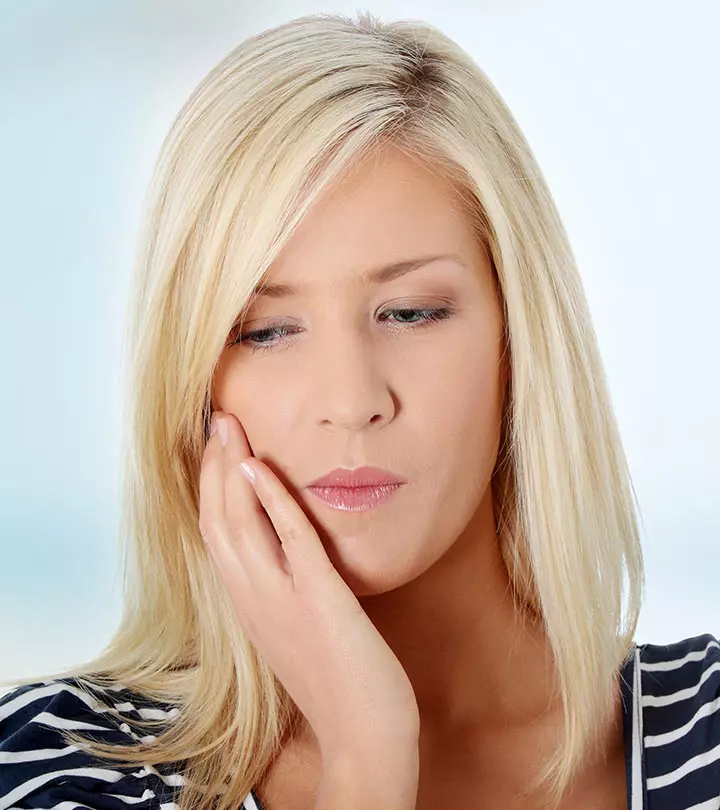
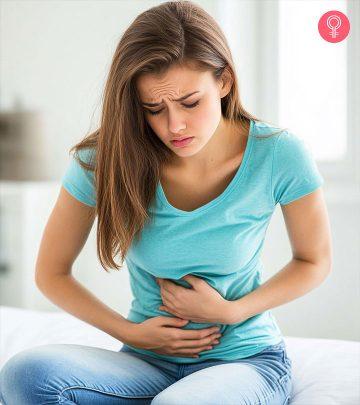

Community Experiences
Join the conversation and become a part of our empowering community! Share your stories, experiences, and insights to connect with other beauty, lifestyle, and health enthusiasts.